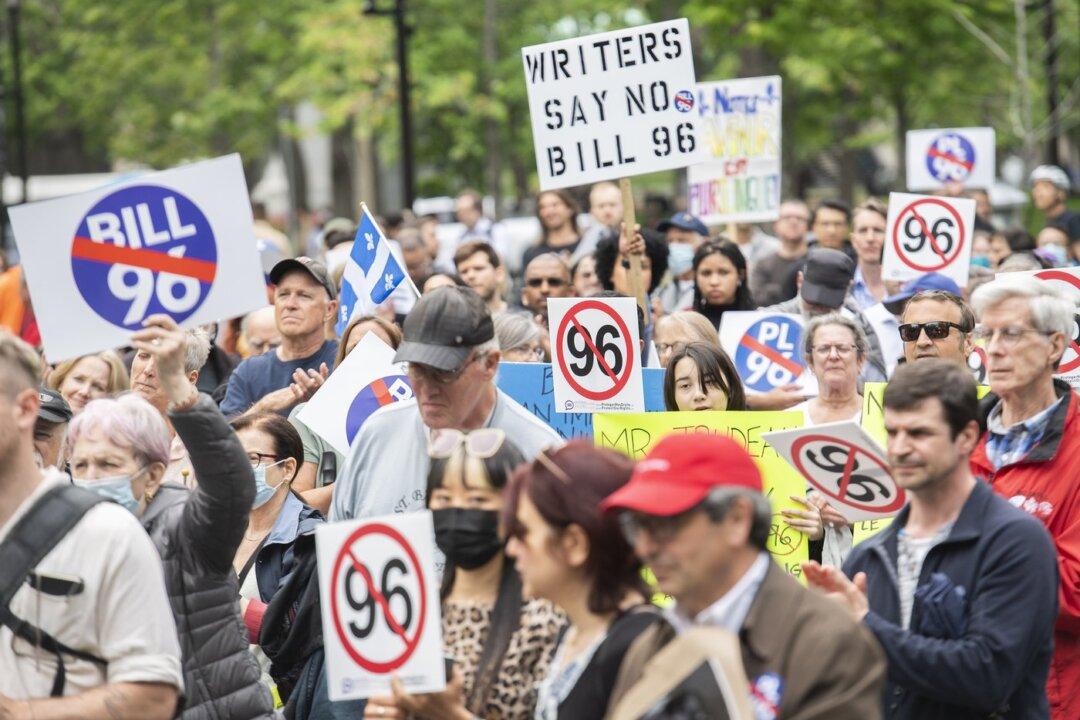Commentary
Canadians beyond the boundaries of la belle province likely see Bill 96 as an update of that ancient Quebec tradition called Kick the Anglos.

Canadians beyond the boundaries of la belle province likely see Bill 96 as an update of that ancient Quebec tradition called Kick the Anglos.